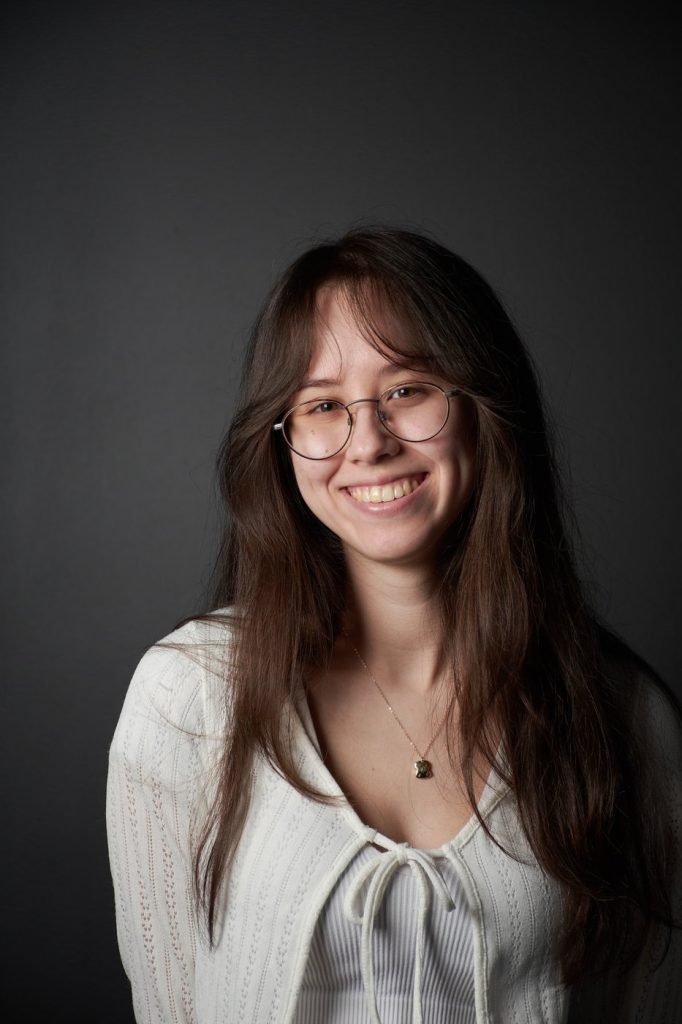TORONTO — Communications instructor Lara Cardoso identified a gap in the University of Guelph-Humber's curriculum regarding influencer marketing and the creator economy. Until last year, students interested in pursuing careers in content creation had to navigate the field largely on their own, as the institution lacked dedicated courses on these contemporary topics.
Cardoso's new course, titled “Influencer Marketing (And What Comes Next),” aims to address this by educating students about the essentials of working with brands that engage influencers in their marketing strategies. The fourth-year class delves not only into the operational aspects of influencer relations but also emphasizes practical experience, requiring students to create their own content. This hands-on approach allows learners to reflect on whether a career in content creation aligns with their aspirations.
The course covers a broad range of responsibilities that come with being a content creator, such as planning, executing photo and video shoots, editing visual materials, crafting engaging captions, and liaising with corporate sponsors. Cardoso has noticed that many aspiring content creators are drawn to the flexibility and autonomy offered by this career path, which often strays from traditional nine-to-five jobs.
One of Cardoso's students, 21-year-old Mckenzie Dorie, exemplifies this journey. Having begun her TikTok career at 16 during the COVID-19 pandemic, Dorie was inspired by popular YouTubers known as the "Brit Crew." While transitioning from being an aspiring social media influencer to considering herself a content creator, she has amassed nearly 60,000 followers on TikTok and 1,800 on Instagram. Although her early brand deals have primarily been in merchandise rather than direct monetary compensation, she finds value in the skills and insights gained from Cardoso's class.
Dorie expresses her intent to remain authentic in her content creation, aligning her personal identity with her online presence to forge genuine connections with her audience. This commitment to authenticity, she believes, is crucial in fostering trust and engagement among followers.
In Canada, there appears to be a growing focus on formal education aimed at equipping students for careers in influencer marketing. Institutions like George Brown College now offer a specialized two-year program, and several publicly funded colleges in Quebec, such as CEGEPs in Trois-Rivières and Limoilou, have introduced courses dedicated to training influencers.
A recent study conducted by the University of Windsor highlights the immense interest in influencer careers among young Canadians, revealing that 75% of surveyed individuals aged 16 to 30 expressed a desire to become social media influencers. The allure of financial gain was cited by 57% of respondents, while 46% cited the opportunity to try new products as a motivating factor.
Despite the rising interest in influencer careers, Statistics Canada reported that less than 0.2% of Canadians aged 15 to 69 earned money for creating online content in the previous year — a figure approximated to be around 40,000 individuals. Experts, however, advise caution when interpreting this data due to potential sampling limitations.
Garrett Gaudet, who will lead a one-day workshop on influencing at Fanshawe College, notes that the landscape for Canadian content creators can differ significantly from that in other countries, particularly the United States. Although Canadian YouTubers can monetize their content, platforms like TikTok lack similar incentives for Canadian users, which can hinder the opportunity for income from views, leading creators to rely on corporate sponsorships instead.
Furthermore, Gaudet highlights the value of "micro-influencers," who maintain smaller but potentially more engaged followings. This demographic can be appealing to brands because these creators are generally more affordable to work with and are often perceived as more trustworthy by their audience. He aims to provide aspiring influencers with a foundational understanding during his workshop, acknowledging that the insights shared could have significantly aided his own journey into the field years ago.











